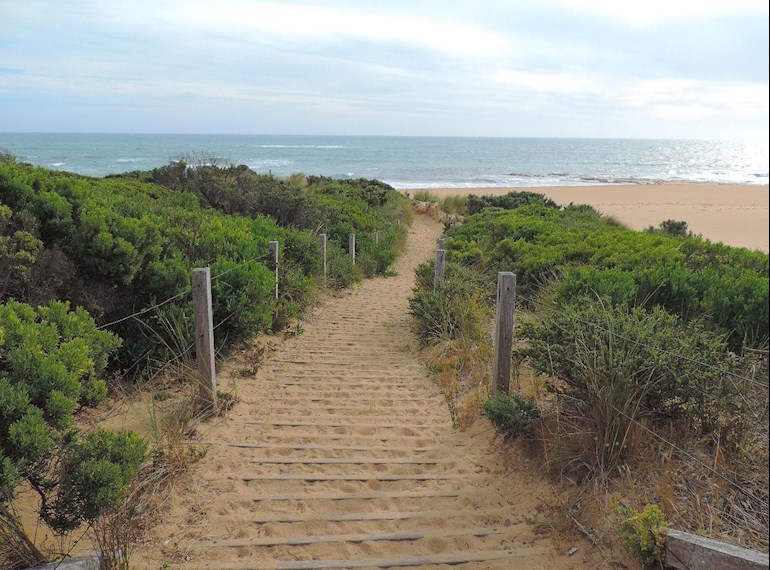With CLL being a relatively rare cancer, it is often hard to find studies specific to our cancer. Often we are reliant on studies from more common cancers, where the challenge is determining their relevance to CLL. Of interest is this analysis of 1,340 patients enrolled in the Diet, Exercise, Lifestyle, and Cancer Prognosis Study (DELCaP)
Physical activity tied to lower recurrence and mortality in patients with breast cancer
Major finding: Patients meeting the minimum guidelines (≥150 minutes of moderate-intensity RPA/week) vs. being inactive before and 1 year after diagnosis had a 41% lower risk of recurrence and 49% lower all-cause mortality.
Of direct relevance to CLL is the finding that "Exercise can also reduce insulin levels and insulin resistance, create an anti-inflammatory environment, and condition the body’s response to oxidative stresses, all features that can favourably affect carcinogenesis."
Note the disclosures: The study was supported by the Breast Cancer Research Foundation, the Roswell Park Comprehensive Cancer Center, and the National Cancer Institute. The authors reported relationships with multiple pharmaceutical companies and/or research organizations. (My emphasis).
So here, despite the study being supported by pharmaceutical companies, we have a very impressive report of a massive reduction in both cancer recurrence and all cause mortality (both nearly halved), in patients meeting the minimum guidelines of ≥150 minutes of moderate-intensity exercise per week.
More:
An exercise pill would be prescribed to every cancer patient worldwide and viewed as a major breakthrough in cancer treatment
healthunlocked.com/cllsuppo...
Cancer and exercise do mix
theconversation.com/cancer-...
Health Check: in terms of exercise, is walking enough?
theconversation.com/health-...
Further health benefits associated with exercise:
Cardiorespiratory fitness in middle age was associated with reduced risk of depression and cardiovascular mortality in older adults, a retrospective cohort study found.
Exercise and Chronic Lymphocytic Leukemia (CLL) - Relationships Among Physical Activity, Fitness, & Inflammation, and Their Impacts on CLL Patients
ashpublications.org/blood/a...
High levels of midlife fitness were associated with a 16% lower risk of depression (HR 0.84, 95% CI 0.74-0.95) and a 61% lower risk of death from cardiovascular disease (HR 0.39, 95% CI 0.31-0.48) in adults over age 65 without a diagnosis of depression, reported to Benjamin L. Willis, MD, MPH, of The Cooper Institute in Dallas, and colleagues in JAMA Psychiatry.
medpagetoday.org/psychiatry...
COVID-19/CLL specific (Yes exercising now is more challenging, but per the below, well worth it):
Exercise may help reduce risk of deadly COVID-19 complication: ARDS
theconversation.com/exercis...
How to stay fit and active at home during the coronavirus self-isolation
theconversation.com/how-to-...
While we wait for a coronavirus vaccine, eating well, exercising and managing stress can boost your immune system
theconversation.com/while-w...
Regular exercise has long-term benefits for immunity – it’s important to stay active
theconversation.com/regular... In fact, acute and chronic exercise of almost any type has been found to improve the way people respond to vaccines. theconversation.com/exercis...
For older people and those with chronic health conditions, staying active at home is extra important – here’s how
theconversation.com/for-old...
Updates with reference to replies below:-
Impact of exercise on the immune system and outcomes in hematologic malignancies paper
healthunlocked.com/cllsuppo...
Being overweight/obese is a major risk factor for an adverse outcome with a COVID-19 infection:
medicalnewstoday.com/articl...
healthunlocked.com/cllsuppo...
mnn.com/health/fitness-well...
Thank you avzuclav and cajunjeff .
This is an Unlocked post, so others with CLL can find our community: healthunlocked.com/cllsuppo...
Neil
